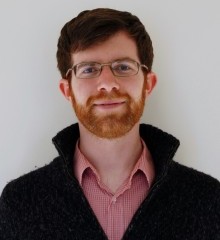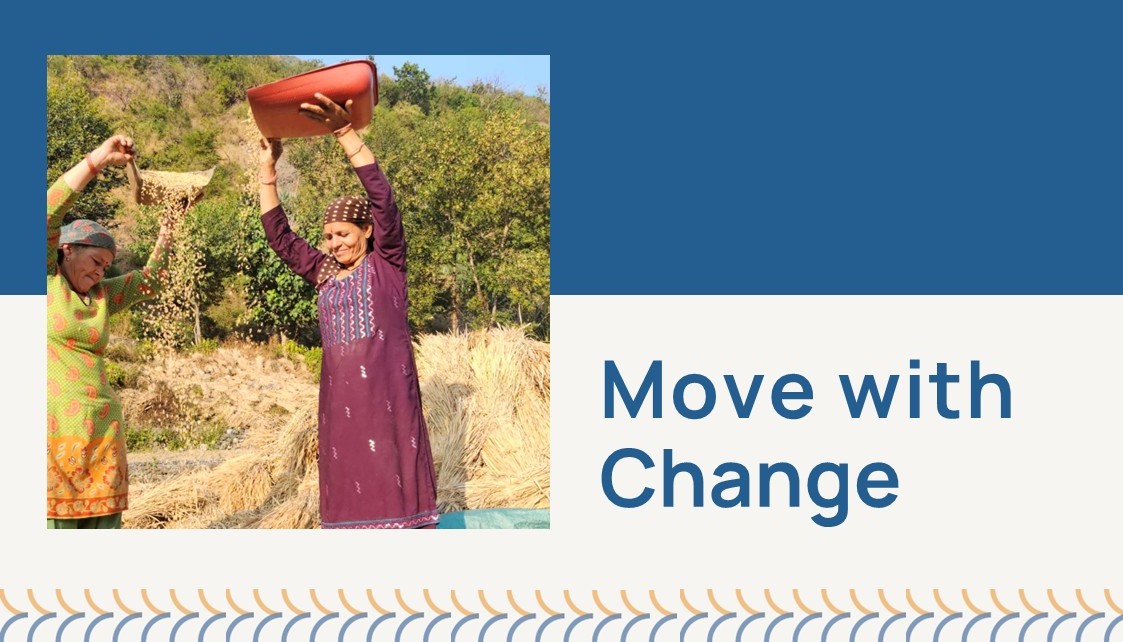Food and agriculture is one of the primary focus areas of RSF’s work. We believe that by investing and giving within food systems, we can also support economic resilience, community health, and thriving ecosystems. Although the Local Initiatives Fund is our primary vehicle for supporting the linkages between sustainable local economies and food systems, many of our other partners focus on this intersection as well.
One such initiative is 2014 Seed Fund grantee Cooperative Fermentation, a project of the Cooperative Development Institute and Resilience Hub. The organization’s mission is to democratize the food system by seeding cooperatives in farming and other food enterprises. By providing consulting and training programs across the state, Jonah Fertig, the founder of Cooperative Fermentation, hopes to act like the “bacteria that ferments ordinary cabbage into delicious kraut,” bringing communities together to accelerate the growth of a cooperative food and agriculture economy in Maine.
RSF’s Seed Fund grant supported a number of Cooperative Fermentation’s programs, including pro-bono consulting with farmers and food enterprises, ten cooperative economic development workshops, and a Cooperative Farm Design Day, where about fifty participants explored and designed models for cooperative farms. One of Cooperative Fermentation’s more intensive programs is its Cooperative Design Lab, which includes both web-based and in-person trainings for food enterprises exploring how to self-organize as cooperatives. One of the Design Lab participants is a group of Somali farmers looking to organize as a cooperative, which provides the opportunity for Cooperative Fermentation to create dual-language options for its curriculum. The Design Lab is also co-sponsored by Crown O’ Maine Organic Cooperative, a borrower in RSF’s PRI Program, who helped to produce the curriculum and agreed in advance to purchase from the cooperative farms being incubated.
With interest in cooperatives growing throughout the state, Cooperative Fermentation has a number of exciting projects on the horizon. After a very successful training in Portland, the mayor of that city is looking to find ways to incorporate cooperative development into the city’s larger economic development plans. One way this connection might be made is through the city’s purchasing power. The city government, or other anchor institutions, could enact procurement policies that privilege cooperatives during the bidding process. Another large anchor institutional purchaser that could help to scale the cooperative food economy in the state is the University of Maine. Cooperative Fermentation, the Cooperative Development Institute and other collaborative partners are now organizing the Maine Farm and Sea Food Service Cooperative to respond to the University’s Request for Proposal for food vendors. That level of institutional purchasing could make a significant impact on the cooperative and local food economy.
By working at the local level to bring community members together and seed cooperative development, Cooperative Fermentation is building a new food economy from the ground up. RSF is excited to see where that work leads, and to support the next round of innovative Seed Fund grantees, which will be announced later this month!

Alex is the former Program Manager, Philanthropic Services at RSF.


